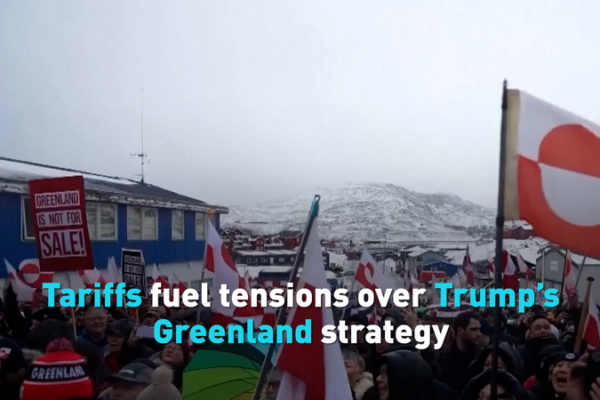
US Tariffs Ignite Tensions Over Greenland Strategy
US tariffs escalate tensions over Trump’s Greenland strategy as lawmakers debate transatlantic relations. Latest updates on the geopolitical implications.
News & Insights Across Asia

US tariffs escalate tensions over Trump’s Greenland strategy as lawmakers debate transatlantic relations. Latest updates on the geopolitical implications.
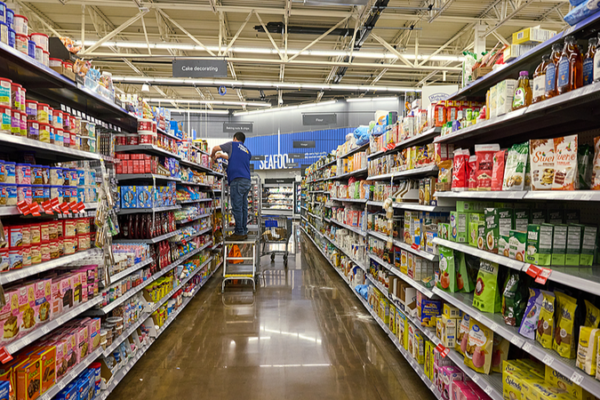
A German study reveals 96% of U.S. tariff costs fall on American importers and consumers, challenging claims of foreign burden-sharing.
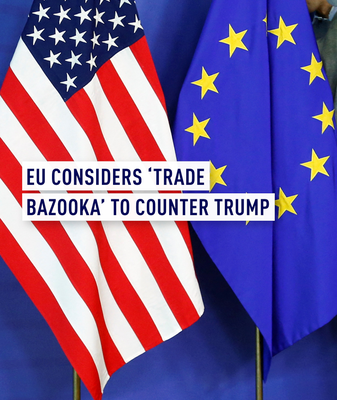
US President Trump threatens new tariffs on EU nations over Greenland acquisition plans, sparking fears of renewed trade tensions and market volatility in 2026.
New U.S. tariffs disrupt outdoor recreation supply chains, raising costs for Asian manufacturers and global consumers. Analysis of 2026 economic implications.
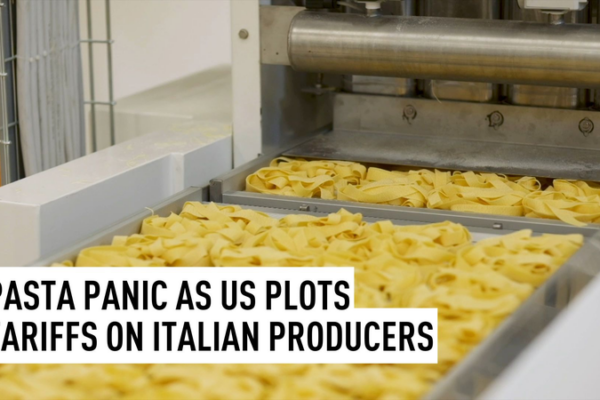
Proposed US tariffs on Italian pasta imports threaten a $780M trade relationship and cultural exchange, with potential price hikes and production challenges in 2025.

U.S. announces tariff cuts on select food imports ahead of 2025 Thanksgiving, potentially impacting Asian exporters and global trade dynamics.
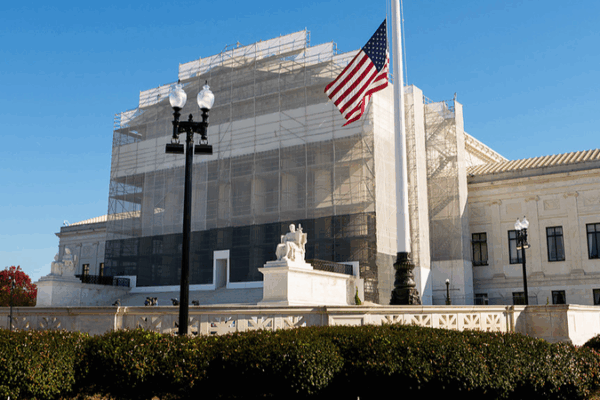
US Supreme Court debates legality of Trump-era tariffs, impacting global trade and presidential power. A landmark case with economic implications.
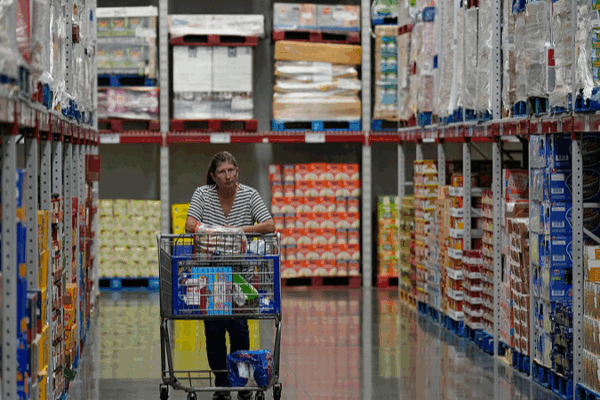
Goldman Sachs analysis shows U.S. consumers bear over half the cost of Trump-era tariffs, with prices rising on both imports and domestic goods.

U.S. tariffs on imported school supplies and electronics drive up back-to-school costs by 7.3%, straining families and schools amid policy changes.

Revised U.S. tariffs may reduce American GDP more than other economies, with long-term risks for global growth, according to new economic studies.
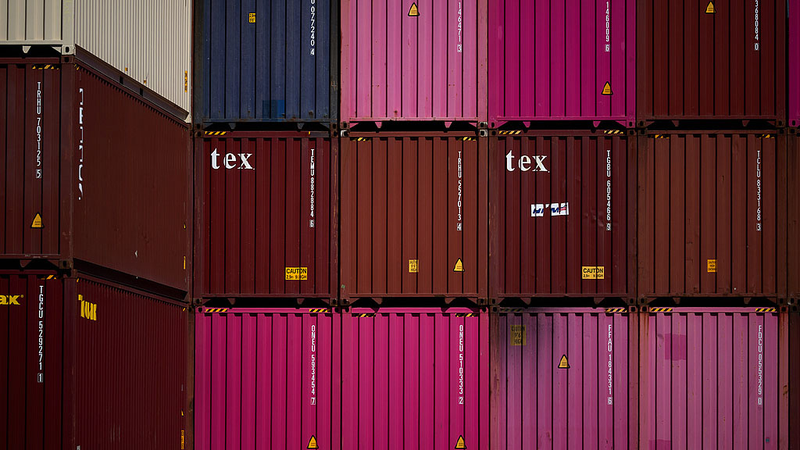
Repeated delays in US tariff implementation create policy uncertainty, impacting global trade patterns and Asian economic strategies.
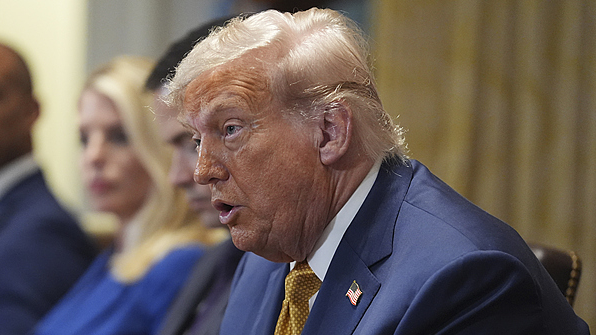
US allies including the EU, South Korea, and Japan challenge new tariff measures, seeking urgent resolutions to protect economic interests amid strained trade talks.
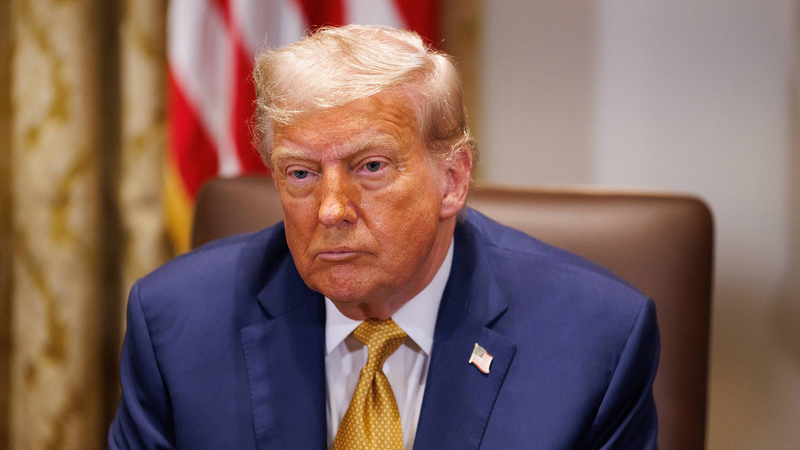
The US resumes tariffs on 14 countries after failed negotiations, sparking global discontent and a record trade deficit. Experts analyze the economic fallout.

U.S. President Donald Trump announces 25% tariffs on Japan and South Korea, effective August 1, escalating trade tensions in Asia.
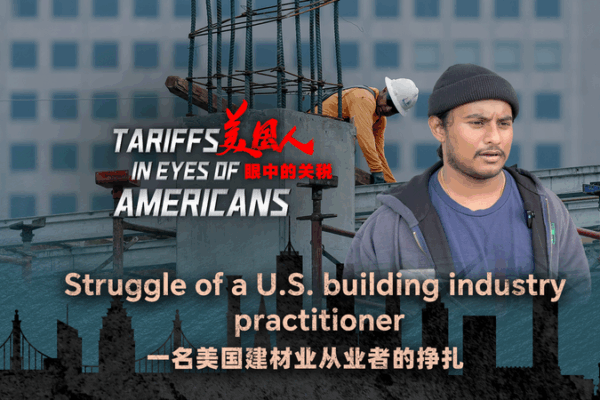
US steel and aluminum tariff hikes push building material businesses into ‘survival mode,’ with workers like Ahmed Gray reporting revenue declines and customer losses.
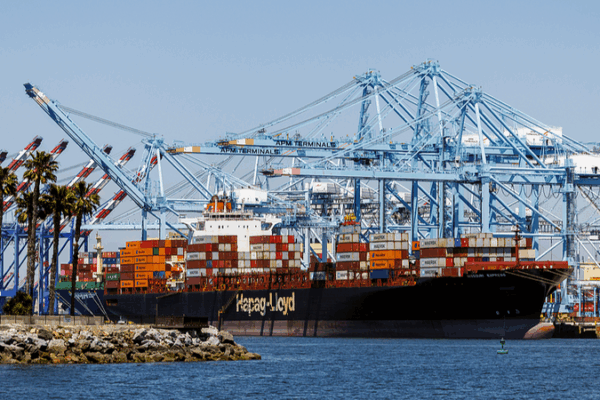
Analysis reveals how US tariff policies reshape Asian supply chains, create market uncertainties, and drive new economic partnerships across the region.
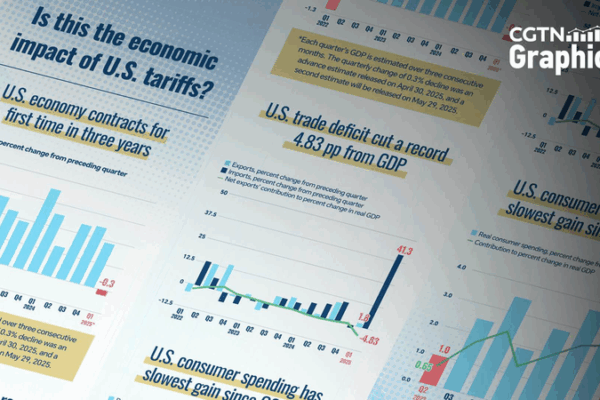
U.S. tariffs spark record trade deficit and first GDP contraction in three years, with implications for Asian economies.

Cork County Council’s Jack White urges the US to reconsider tariffs, emphasizing global support for free trade and economic cooperation.
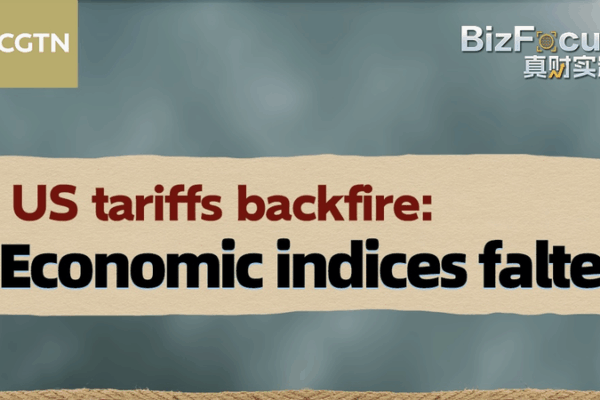
US tariff policies face backlash as economic indicators falter and recession fears grow, prompting global market concerns.

Canadian residents believe US’s 25% tariffs on their goods will negatively impact both economies, according to recent interviews.